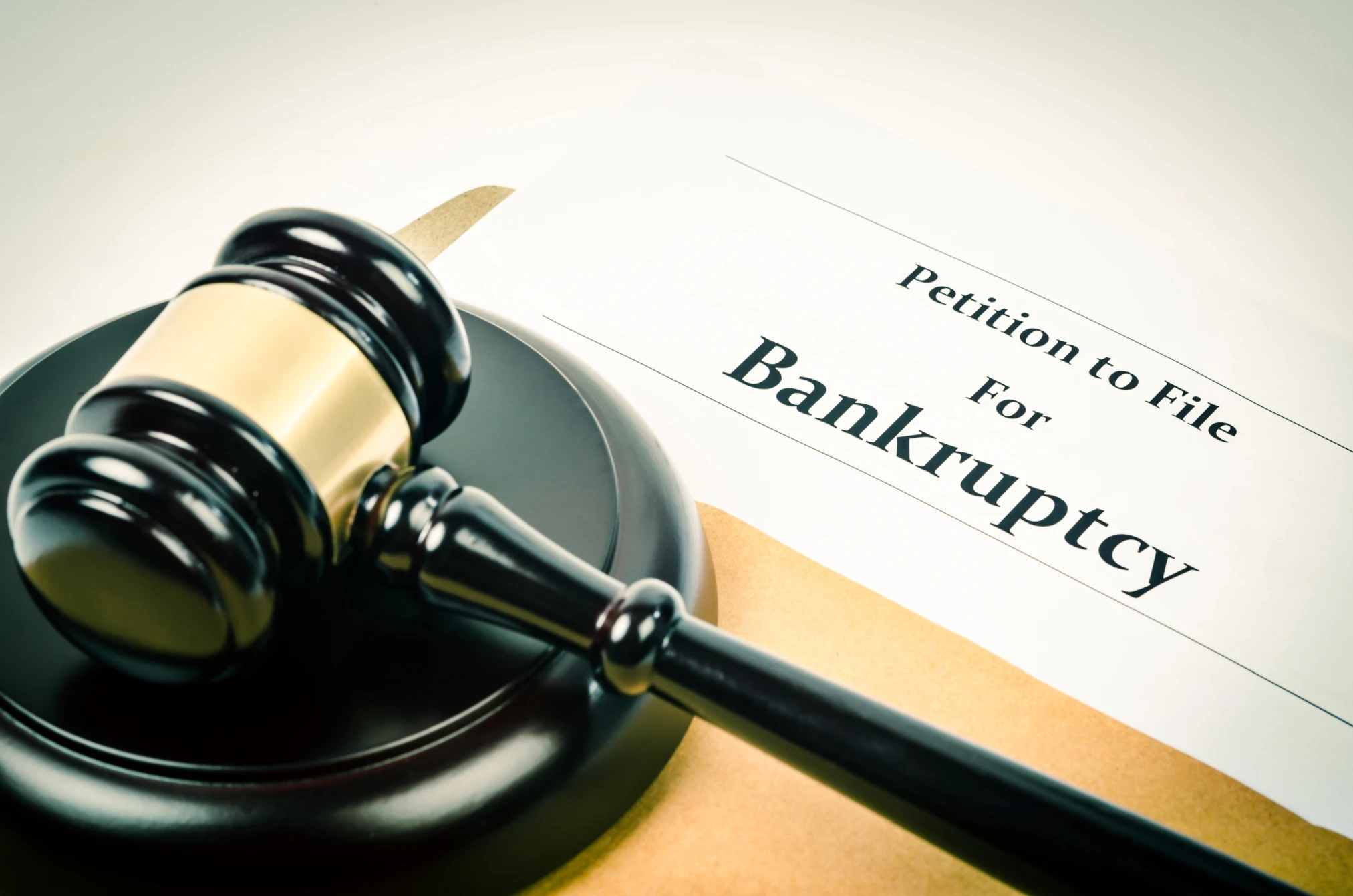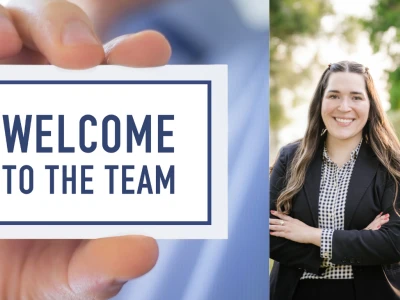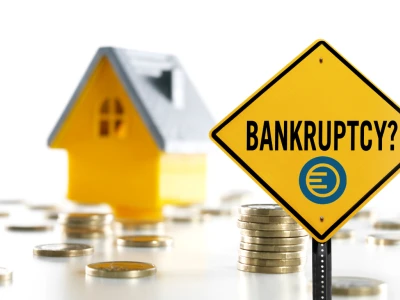
Bankruptcy: Is it right for you?
February 20th, 2024What Bankruptcy is right for you?
Bankruptcy can be a scary word, that has carried negative connotations. Frequently we are scared of things we just don’t understand. Hopefully we can dispel some of those fears, as well as give you some insight if it is right for you.
There are two chapters in the bankruptcy code that provide relief to consumers like you and I, Chapter 7 and Chapter 13.
Chapter 7 bankruptcy is the quickest and most common type of bankruptcy. It can effectively assist you in freeing yourself from most unsecured debt, such as credit card debt, medical debt, or personal loans. It can also help you get out from under bad secured loans, such as car loans with high payments that are worth more than the car itself.
Preparing to file is a simple process of gathering information about your current financial situation, such as your income, the things you own, the debts you owe, and some of your past financial activity.
If you do not qualify for Chapter 7 bankruptcy, you can organize your debts and get relief from fees and interest through a Chapter 13 repayment plan bankruptcy. Chapter 13 bankruptcy is also called a wage earner's plan. It enables individuals with regular income to develop a plan to repay all or part of their debts. Under this chapter, debtors propose a repayment plan to make installments to creditors over three to five years, often saving their assets from foreclosure and repossession in the process.
Its important to note that Bankruptcy will affect your credit score. Chapter 7 stays on your credit score for 10 years, and Chapter 13 stays on your report for 7 years. However, it is very possible to build your credit again. You can consistently make all your payments on time, reduce credit card use, and not add any new debt.
Finding a good lawyer is key.
Related Articles
-
 Jul 01, 2025 BankruptcyWelcome to the team! We are excited to announce Suzie Jaderholm is joining our team of attorneysRead More
Jul 01, 2025 BankruptcyWelcome to the team! We are excited to announce Suzie Jaderholm is joining our team of attorneysRead More -
 Mar 20, 2025 BankruptcyBankruptcy law Changes in 2025 Starting this year 2025 there will be notable updates to bankruptcy laws affecting Washington State.Read More
Mar 20, 2025 BankruptcyBankruptcy law Changes in 2025 Starting this year 2025 there will be notable updates to bankruptcy laws affecting Washington State.Read More